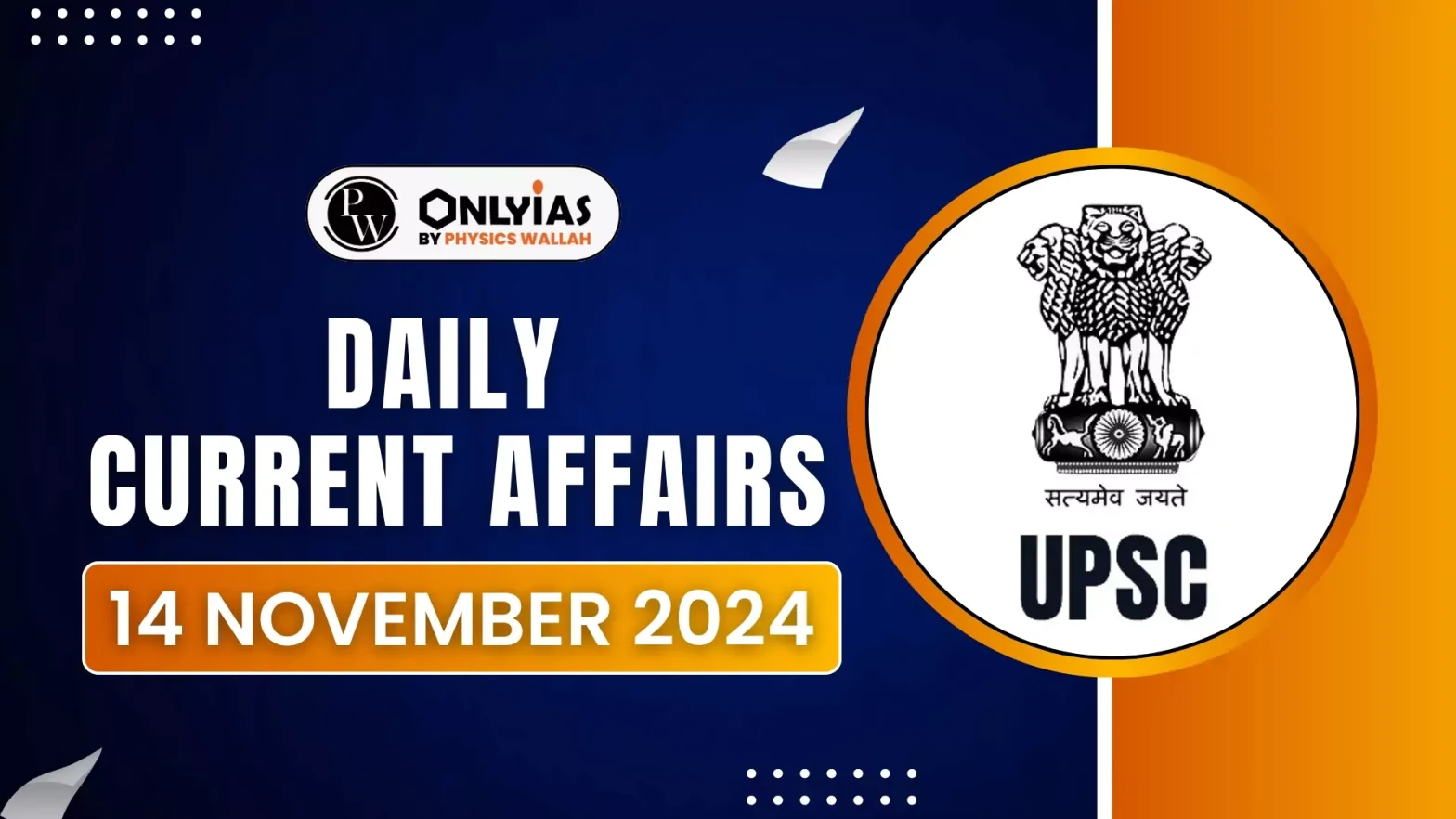The Supreme Court noted that no religion endorses activities causing pollution, referencing the use of firecrackers during Diwali.
Key Highlights of the Case
- Failure in Implementation: The Court criticized the Delhi Police for failing to implement the October 14 firecracker ban by the Delhi government effectively.
- Call for Year Round Ban: The Delhi government will consult stakeholders to decide on a year-round firecracker ban, with a decision expected by November 25.
- Order for Special Enforcement Measures: The Delhi Police Commissioner was instructed to form a special cell for enforcing the firecracker ban.
- NCR States Accountability: All NCR states were asked to report on steps taken to minimize pollution, particularly during Diwali.
Enroll now for UPSC Online Course
Arjun Gopal vs Union of India (2017)
- The Supreme Court imposed a temporary ban on the sale of firecrackers in the Delhi-NCR region to address the severe air pollution caused by the burning of crackers during Diwali.
- The court held that health of the people in Delhi and in the NCR must take precedence over any commercial or other interest of the applicant or any of the permanent licensees and, therefore, a graded regulation is necessary which would eventually result in a prohibition.
- The court also directed the Central Pollution Control Board (CPCB) to study the impact of firecrackers on air quality and submit a report.
|
- Stubble Burning Issues: The Court noted a lack of action against farmers in Punjab and Haryana involved in stubble burning, exacerbating pollution in the NCR.
- Directed states to explain non-prosecution of farmers and enforce existing rules against stubble burning.
- Centre’s Position on Funding: The Centre reported rejecting Punjab’s request for funds to provide farmers with tractors and equipment to help manage stubble burning.
- Clean Air as Fundamental Right: The Supreme Court affirmed that every citizen’s right to live in a pollution-free environment is protected under Article 21 of the Indian Constitution.
Check Out UPSC CSE Books From PW Store
Right to Pollution Free Environment
- Expanded Definition of Right to Life: Article 21 encompasses not only mere existence but also all rights essential for a meaningful and dignified life.
- In the 1980s, the Supreme Court recognized the right to a clean environment as part of Article 21.
- Landmark Cases:
- M.C. Mehta vs. Union of India (1987): The Supreme Court held that the right to live in a pollution-free environment is a fundamental right under Article 21.
- M K Ranjitsinh & Ors. v. Union of India & Ors. (2024): The Court expanded Article 21 to recognize the right to be free from adverse effects of climate change, affirming that Article 14 (Right to Equality) is also relevant, as climate change disproportionately impacts different groups.
- 42nd Constitutional Amendment Act, 1976: India’s Constitution became the first globally to give constitutional status to environmental protection through two articles:
- Article 48-A (Directive Principle of State Policy): Mandates the State to protect and improve the environment and safeguard forests and wildlife.
- Article 51A(g) (Fundamental Duties): Places a duty on every citizen to protect and preserve the environment.
- International Commitment: India, as a signatory to the Universal Declaration of Human Rights, 1948 recognizes the right to a standard of living adequate for health and well-being, which includes access to food, clothing, housing, medical care, and essential social services.
Additional Reading: Fire Cracker Ban Stubble Burning
![]() 14 Nov 2024
14 Nov 2024
